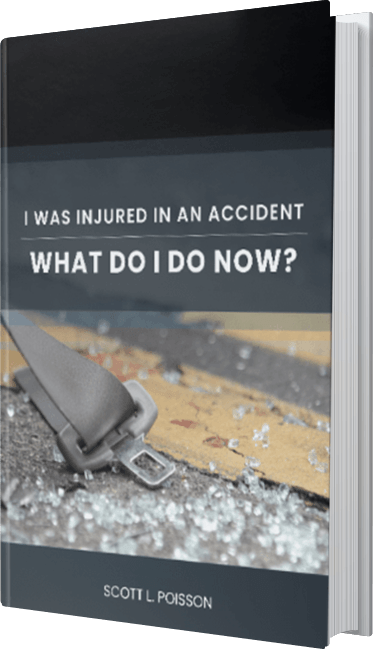Awake For 18 Hours Or Legally Drunk? Study Finds No Difference In Terms Of Driving Danger
July 22, 2013
We have all had long days at work after relatively sleepless nights and we have faced a difficult commute home. It was difficult because traffic was heavy as always and because we were exhausted. Most of us have also debated with ourselves during a long road trip as to whether we should stop and ‘refuel’ on coffee or some other form of caffeine or stop for the night and get some rest. Many times, we have decided to simply keep pushing and to complete our journeys. We may have realized on some level that this was inviting danger, but it’s likely few if any people realized just how much danger we were bringing about. According to a recent study regarding drowsy driving that was completed by researchers at the American Medical Association, driving while fatigued is extremely dangerous. We tend to lose focus on the road, we tend to have slower reaction times and we tend to lose some quality in terms of our judgment. If you have heard those problems in a list before, that’s because those are many of the difficulties that drunk drivers face when they get behind the wheel. YNN in Rochester recently ran a story regarding the results of this study, and the full text of that article can be found here. The study concluded that the risks related to drowsy or fatigued driving are prevalent for everyone, but they are the greatest for drivers between the ages of 17 and 24. Specifically, people who slept for six hours or less during the previous 24 hours were 22 percent more likely to be involved in a car accident than those who had met or exceeded that amount of sleep. In addition, perhaps the most surprising statement made by one of the doctors who was involved in the study was that drivers who have been awake for 18 hours and who are driving are dealing with approximately the same amount of impairment as someone whose Blood Alcohol Level, or BAC is at 0.08. This BAC is the legal limit for alcohol across the United States. The National Academy of Sciences states that more than one million car accidents occur every year because of drowsy driving. Given this reality that may be news to many people, what should we do if we realize that we are fatigued while we are driving a vehicle?
- Consider how much driving you have left to complete and make the best decision possible.
- If you have a long way to go, take some time to rest and see if you can regain some awareness.
- Ask someone else to drive if that option is available.
- Err on the side of caution – if you are too tired to drive safely, stop and rest.
People who are driving while fatigued are engaging in negligent driving. If they cause car accidents because they were too tired to drive safely, they can face legal liability if someone they injure in a crash responds by filing a lawsuit. If you have been injured in a crash caused by a drowsy driver, contact the Las Vegas accident lawyers at High Stakes Injury Law today to schedule a free initial consultation.
Get A 100% Free Case Evaluation
From A Top-Rated Personal Injury Attorney
Call: (702) 707-5934 or Contact Us Online
$9M
Settlement / Auto Accident
$5.1M
Settlement / Tire Explosion
$3M
Settlement / Truck Accident
01
02
03
04

I Was Injured In An Accident.
What Do I Do Now?
By Scott L. Poisson

Do I Have A Case?

Dealing With The Insurance Company

When a Lawsuit Is Filed

Overcoming Common Defense Themes

Special Considerations in Specific Types of Cases
